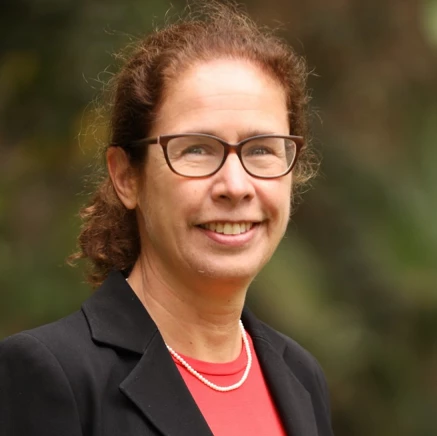 Two women sit at a computer.
Two women sit at a computer.
One year ago, the first COVID-19 cases were recorded in the Middle East and North Africa (MENA) region. The resulting pandemic has driven more people into poverty and out of the formal and informal job markets.
But perhaps the greatest damage to economies in the region is the widening gender gap. Most of the responsibility for caring for family members falls on the shoulders of women, which in many cases prevents them from participating in the work force. The term "Shecession", which was coined in the U.S., highlights the current economic recession on women’s jobs and economic security. Lifting this burden and paving the way for women to earn and sustain their incomes is critical for economies to grow and societies to thrive.
With the changing nature of work around the world, it is important to get a full understanding of how women can adapt to the current environment. There are, for instance, flexible, skill based online job opportunities for women in the digital and gig economy, which can allow them to participate in the labor force while engaging in care services. An active dialogue around the importance of unleashing the full economic potential of Egyptian women is the first step toward achieving a gender balanced employment policy.
As a part of supporting this dialogue in Egypt, we have partnered with the National Council for Women, the UK Embassy in Cairo, and Baseera research agency to support the Egypt National Observatory for Women (ENOW) in preparing a series of new policy papers that shed light on key challenges and opportunities women face to join the labor force in Egypt. Over time, the ENOW has become a repository for evidence-based knowledge around women’s issues, including by monitoring key data sets around women’s labor participation as well as gaps in human endowment and agency.
Three new policy papers were launched on March 14th covering the following topics:
- Unpaid care work and its impact on women’s economic participation, looking at elderly care, childcare, and caring for people with disabilities;
- Women in the ICT sector and the fourth industrial revolution; and
- The new normal for women in the COVID-19 era, which focuses on implications of the new normal for women in the wake of the pandemic.
The selection of these themes was based on the findings and recommendations of the World Bank’s 2019 Women Economic Empowerment study that highlighted how unpaid care work falls on the shoulders of women and that marriage is a key determinant of increased time use, making it an impediment to women fully participating in the labor market.
But the study has also pointed out that the care economy represents an attractive sector that could potentially employ more women while promoting the early childhood agenda. This is a win-win sector that deserves greater investments. Investigating unpaid work further showed that working women suffer from the double burden of paid work and unpaid care work being provided by women in house chores and to family members. Regardless of their roles as working women, they receive little support from the male family members in carrying out domestic or family responsibilities.
There is an opportunity to shift this unfair distribution of roles in the post-COVID era. These transformations include a shift toward remote working and expanded adoption of flexible hours, which allow women employed by the formal sector to strike a balance between their work requirements and family responsibilities.
The success of women in the new work environment requires acquisition and mastery of new skills and behaviors. In efforts to support the integration of women into the post pandemic labor force, each policy paper aims to offer possible solutions on how best this can be done. Suggested solutions include:
- Launching a national program to build women's capacities and raise competitiveness in the labor market, namely in sectors that continue to thrive such as the ICT sector;
- Working to reshape the existing value system against women's empowerment through media campaigns that use lessons learned from the pandemic to help reshape public awareness; and
- Conducting surveys and public opinion polls that provide gender-disaggregated data to serve as an updated input to the policymaking process and the evaluation of interventions.
We are firm believers in the strong role women can play for their families and their countries. We look forward to supporting this and future NCW efforts to empower Egyptian women to sustain their livelihoods and maintain their wellbeing amid the turbulence in the wake of the pandemic. Supporting women is the fair and smart thing to do, and helps to promote economic growth.


Join the Conversation